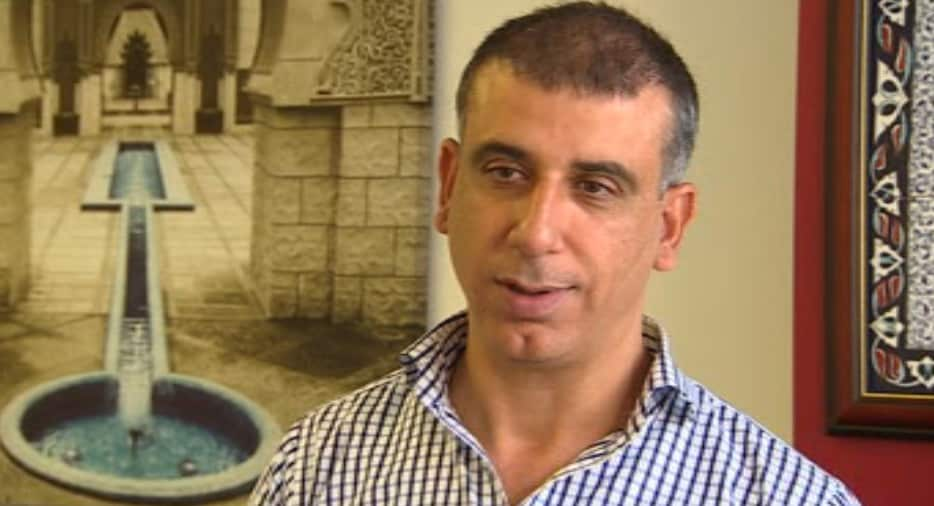Just weeks before Sydney man Sulayman Khalid was arrested on terror-related charges, the 20-year-old was posting videos on Youtube.
In the videos he presented a series of lectures and offered to answer questions on Islam.
Senior Muslim leaders said they were concerned people such as Sulayman Khalid could present themselves as Sheikhs or religious teachers but there was little way to stop them.
"At the moment if somebody grows a beard, dons religious attire and is able to quote verses from the Koran, people can fool anyone that they are qualified to be Sheikh. People have no way of checking." Associate Professor Mehmet Ozalp from the Islamic Science and Research Academy (ISRA) said.
He said Sheiks and Imams traditionally went through years of training, including memorising the Koran and learning basic Arabic. He said the words Sheikh, Imam and Maulana really meant "the same thing".
"They are learned people who know Islam and they can instruct people on Islamic religion," he said. The Australian National Imams Council (ANIC) said there was currently no central authority to verify the qualifications of Islamic religious leaders.
The Australian National Imams Council (ANIC) said there was currently no central authority to verify the qualifications of Islamic religious leaders.

It said it would welcome the establishment of a national registry of qualified Sheikhs and Imams.
ANIC President Sheikh Abdul Azim said people who assumed the title of Sheikh, who do not have appropriate training, are a problem.
And he echoed the sentiment recently expressed by the Grand Mufti of Australia, that young Muslims should not turn to "Sheikh Google" or "Imam Youtube".
Kuranda Seyit, from the Forum on Australian Islamic Relations (FAIR), said an example of a so-called “fake Sheikh” was Man Haron Monis, the man behind the Sydney siege.
"He had no credentials. He had no training. He had given his own vitriolic sermons online and claimed that he had a following. He was not a proper Imam or a Sheikh, but he had called himself Sheikh Haron."
Reaching consensus on who should set up such a registry and what the qualification criteria would be could prove challenging.
"The Muslim community in Australia is quite fractured. There are some very disparate groups, different schools of thought and ideologies. To get everybody to work together on this initiative would be very difficultm unless it's lead by the government," Mr Seyit said.
However Sheikh Azim said the registry should not be imposed on Muslims by the government.
"This is our business and the government can maybe support it, but this business is for the Imams, for the Muslim community itself."
Professor Ozalp also warned against a "top-down" approach.
Even if a registry was established, the Australian National Imams Council's Sheikh Abdul Azim said there was really no way of stopping people from styling themselves as teachers and amassing followers.
"We can do our best, but you always have people that claim things and assume things. You have fake doctors and fake engineers."
Mr Seyit has called on the government to support training programs for Imams to help them to better engage youth, in an Australian context.
He said FAIR had been working on a government proposal for a two-year training program for Australian Imams.
"We have Imams coming from overseas, and they don’t understand the culture, they don’t know how to relate to the youth, and the may not speak English fluently."
"The thing that draws (young people) to (self-proclaimed teachers) that they're charismatic, they speak English fluently, and they can relate to the young people."
He said a focus on culturally relevant training for Imams may help to prevent young people from seeking out alternative sources of information about Islam.
"Young people are looking for guidance. They’re looking for answers to some of the questions in their life, and it really it really is crucial and critical the answers they are being given.
"They can go either way. It’s really a critical pathway that hangs in the balance, if they're getting the information from the wrong people."
Share
